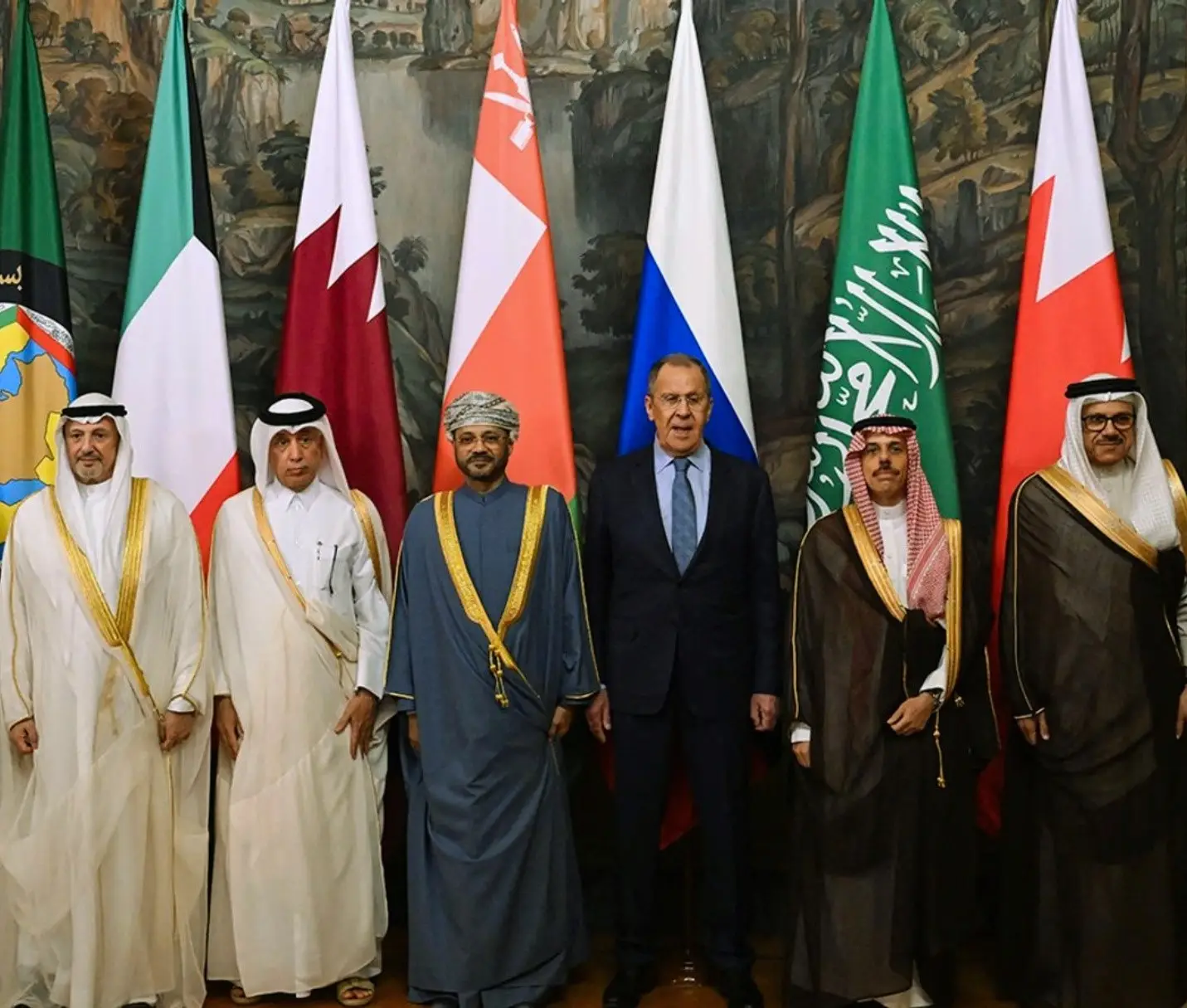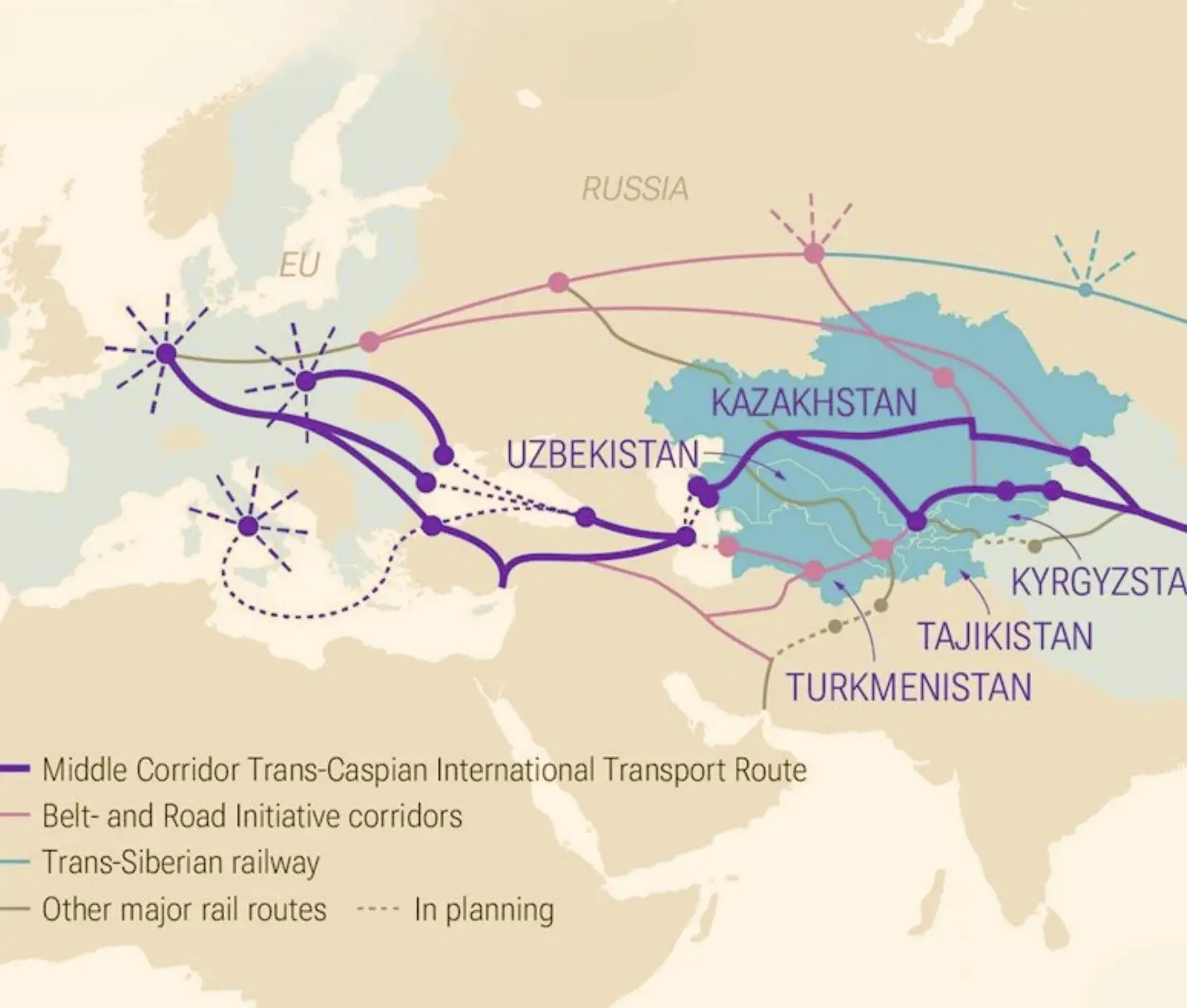Russia’s Waning Influence in West Asia: From Pragmatic Realism to Strategic Irrelevance
Russia’s influence in the Middle East has collapsed after initial successes built on ties with Iran, Syria, Israel, and Gulf monarchies. The Assad regime’s fall, Israeli-U.S. strikes on Iran, and Moscow’s failure to act exposed its limits. Once a decisive player, Russia is now seen as unreliable, a lesson for Beijing and an opportunity for Washington.


